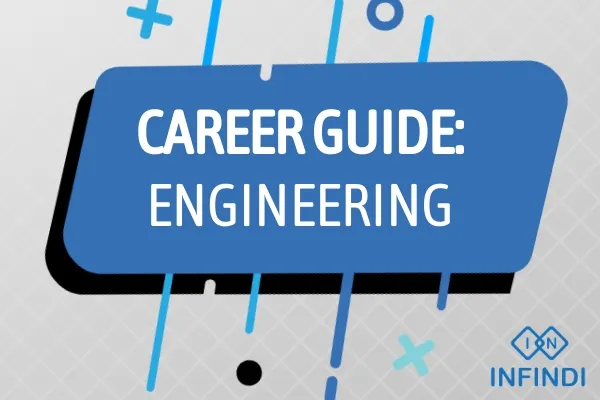For those with a passion for problem-solving, innovation, and a desire to shape the world through technology and science, careers in engineering offer a dynamic and impactful path. Whether you’re an experienced engineer or someone exploring entry-level opportunities, understanding the intricacies of jobs in engineering is essential. This article aims to provide a comprehensive guide to engineering jobs, addressing duties, salary expectations, job descriptions, skills, qualifications, education and training requirements, experience prerequisites, frequently asked questions, and daily tasks.
1. Duties and Responsibilities
Engineers play a pivotal role in designing, developing, and maintaining systems and structures that impact our daily lives. Common duties and responsibilities include:
- Project Planning: Collaborating on project plans, timelines, and budgets.
- Design and Analysis: Creating detailed plans and conducting analysis for engineering projects.
- Problem-Solving: Addressing challenges in design, construction, or operation.
- Quality Control: Ensuring adherence to quality standards and safety regulations.
- Innovation: Contributing to the development of new technologies and solutions.
2. Salary Expectations
The salary for jobs in engineering varies based on factors such as experience, specialization, and industry. Entry-level positions may start at around $60,000 annually, while experienced engineers in senior or specialized roles can earn well over $100,000. Industries like civil engineering, mechanical engineering, electrical engineering, and aerospace engineering tend to offer competitive salaries.
3. Possible Job Descriptions
Engineering roles encompass a wide range of positions, each contributing to different aspects of technology and infrastructure:
- Civil Engineer: Designing and overseeing construction projects such as bridges and buildings.
- Mechanical Engineer: Developing and testing mechanical systems and devices.
- Electrical Engineer: Designing and maintaining electrical systems and components.
- Software Engineer: Creating and testing software applications.
- Environmental Engineer: Addressing environmental issues and designing sustainable solutions.
4. Skills and Qualifications
Successful engineers possess a combination of technical expertise, analytical skills, and creativity. Key skills include:
- Analytical Skills: Evaluating data and conducting analysis for engineering projects.
- Problem-Solving: Addressing complex challenges in design and implementation.
- Communication: Effectively conveying technical information to diverse audiences.
- Teamwork: Collaborating with diverse teams of engineers and professionals.
- Innovation: Contributing to the development of new and improved technologies.
5. Education and Training Requirements
Formal education is crucial for engineering jobs, typically requiring at least a bachelor’s degree in engineering or a related field. Advanced degrees (master’s or doctorate) may be required for certain specialized roles or research positions.
6. Experience Requirements
Entry into engineering jobs often involves gaining practical experience through internships or entry-level positions. Advancement to leadership or specialized roles may require several years of relevant engineering experience.
7. Frequently Asked Questions
Q: How does technology impact engineering jobs?
A: Technology plays a significant role in engineering, enabling engineers to use advanced tools for design, simulation, and analysis, leading to more efficient and innovative solutions.
Q: Can engineers specialize in specific industries?
A: Yes, engineers often specialize in industries such as aerospace, automotive, energy, or environmental engineering based on their interests and expertise.
Q: What is the role of ethics in engineering?
A: Ethical considerations are crucial in engineering to ensure the safety, sustainability, and social responsibility of engineering projects.
8. Daily Tasks and To-Do Lists
The daily tasks of an engineer can vary based on their specific role and industry, but a typical to-do list may include:
- Collaborating on project planning and design.
- Conducting analysis and simulations for engineering projects.
- Overseeing construction or implementation phases.
- Ensuring compliance with quality standards and safety regulations.
- Continuously learning about new technologies and industry trends.
In conclusion, a career in engineering offers a dynamic and innovative journey for individuals passionate about shaping the future through technology and science. Whether you’re entering the field of engineering or aiming for advancement, understanding the duties, qualifications, and daily tasks associated with engineering jobs will set you on the path to success. Explore opportunities, contribute to technological advancements, and embark on a fulfilling career in the ever-evolving world of engineering.

